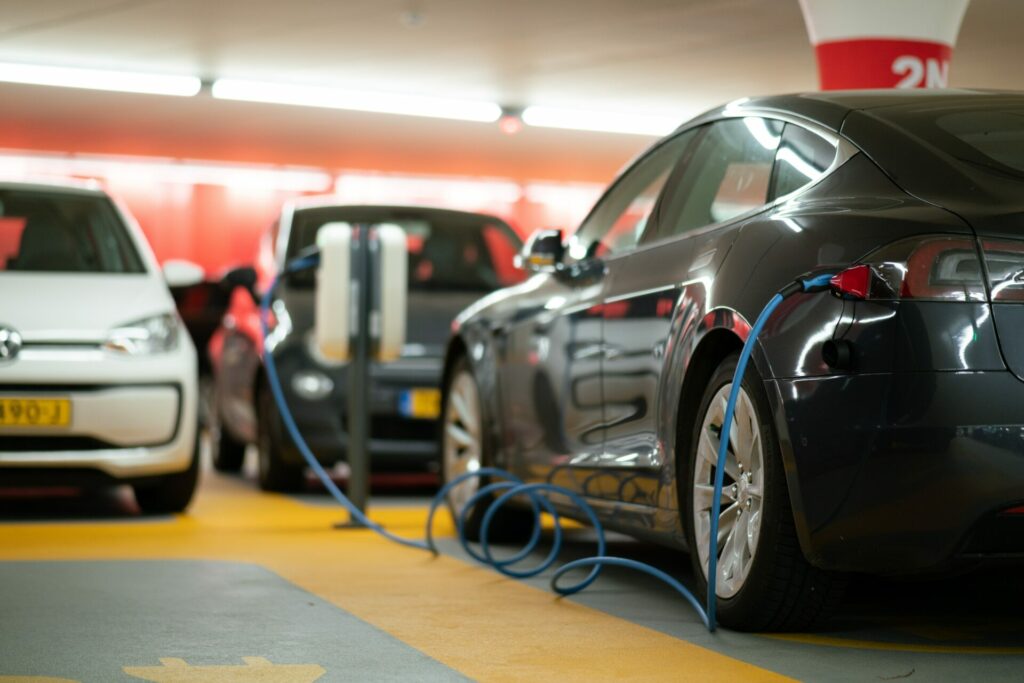Electric cars as a proportion of newly-registered vehicles in Belgium is increasing rapidly. Accounting for almost one in three new vehicles in 2022, this has since risen to nearly four in ten in the first quarter of 2023.
Belgium's automotive industry federation Febiac announced that it is delighted with the results, published on Thursday. It highlighted the 27.5% rise in new electric vehicles between January and March in the consumer car market. Electric vehicles sales have recently dominated the corporate vehicle sector.
“With 131,484 new cars registered in the first quarter of 20223, the market is finally raising its head after three years of consecutive contractions caused by the Covid-19 pandemic, the war in Ukraine, and various parts shortages which resulted,” the federation said.
Indeed, many customers complained of lengthy waiting periods for the delivery of new vehicles, chiefly due to a severe international chip shortage. Repeated supply chain issues and rising input costs hampered the ability of car manufacturers to deliver orders within agreed windows.
The new car market is still recovering after the peak of the Covid-19 pandemic and new car sales are still down by 9,873 registrations compared to the average market rate for the past 10 years.
The surge in popularity of electric vehicles is certainly to the detriment of combustion vehicle sales. By 2035, the European Union will ban the sale of new combustion engine vehicles, forcing many major car manufacturers to overhaul their range and production capabilities.
Changing preferences
While in 2020, diesel and petrol engine vehicles accounted for nearly 85% of the Belgian market, they now represent just over half (58.6%) of total sales.
In the electric car segment, plug-in hybrid vehicles still remain the most popular (17.2% of new registrations). A recent survey suggested that these vehicles are much less economical and green than previously advertised by manufacturers.
Related News
- Electric cars to cause increase in car insurance prices
- Electric car price is biggest obstacle to electric driving
Fully electric vehicles reached a 15% market share for the first time. Electric vehicles, as a general category, now account for a 40.6% market share.
This surge in electric vehicle sales is helping to reduce the average level of CO2 emissions from new car registrations, which in the first quarter of 2023 fell below 100 grams per kilometre. This is a first since the introduction of the EU’s Worldwide Harmonised Light Vehicle Test Procedure (WLTP) test, which measures fuel consumption and CO2 emissions from passenger vehicles.

